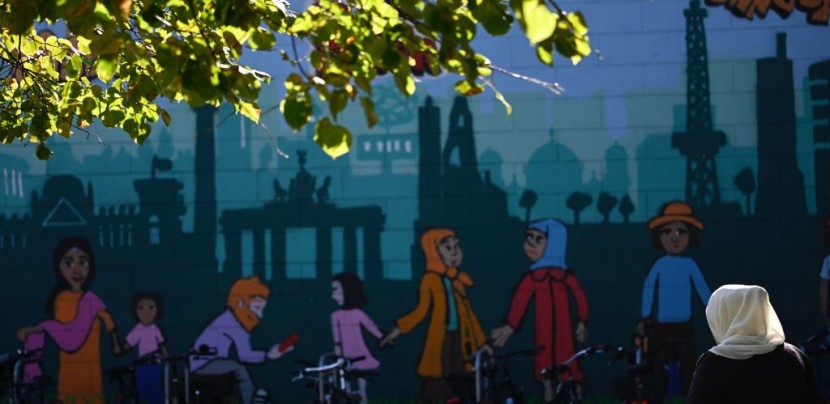
Member states of the European Union have made history after agreeing on a series of new procedures to address the current migrant crisis in the region.
The agreed-upon procedures would handle irregular immigration during times of high arrivals and would remove a key obstacle to a larger agreement on the bloc's asylum and migration rules by the end of the year.
EU Migration Policy
On Wednesday, representatives from each of the EU's 27 members reached a deal that covers "crisis regulation," which would allow further negotiations to move forward and a push to make legally binding changes before the scheduled EU elections next year.
In a statement, Swedish Migration Minister Maria Malmer Stenergard said they can finally move on with the negotiations regarding the migrant issue. She noted that getting the pact in place is crucial to ensure order at the EU's external borders and reduce the flow of migrants, as per Aljazeera.
With the new procedures, the bloc hopes to make them law before the next round of EU elections, ushering in an unexpected shift to the right as support continuously grows across the continent for political parties railed against immigration.
The new agreement was struck following a dispute between Germany and Italy focused on charities rescuing refugees from drowning at sea. In a statement, European Commission Vice President Margaritis Schinas said they need the pact done and dusted before the Europeans vote.
She called the vote on Wednesday's deal the "missing link" in a package on migration and asylum. Thousands of refugees, many fleeing war, conflict, and economic hardship, have lost their lives trying to cross the Mediterranean Sea for some time.
Now, the new rule will allow frontline states to fast-track asylum applications and move people quickly to other nations in Europe. It would avoid repeating what happened in 2015 when 1 million refugees came to the EU from Syria and beyond, and some countries accepted far more migrants than others, according to The Guardian.
Addressing the Migrant Crisis
The historic agreement between EU member states ends three years of arguments between nations ahead of a Friday gathering of EU leaders in the Spanish City of Granada. In a statement on X, formerly known as Twitter, German Foreign Minister Annalena Baerbock said that solidarity is a common step forward for EU member states in a crisis.
Diplomatic sources added that Italy has agreed to the deal after removing some references to the NGO operations. They added that Hungary and Poland, staunchly opposed to hosting any people arriving from the Middle East and Africa, voted against the deal. On the other hand, Austria, the Czech Republic, and Slovakia all abstained from the vote.
The argument between Berlin and Rome was last week's largest obstacle to a deal among the EU's migration ministers. However, the historic deal on Wednesday still leaves many questions open, including when and how it would be implemented in its totality, said Reuters.
© 2026 HNGN, All rights reserved. Do not reproduce without permission.








